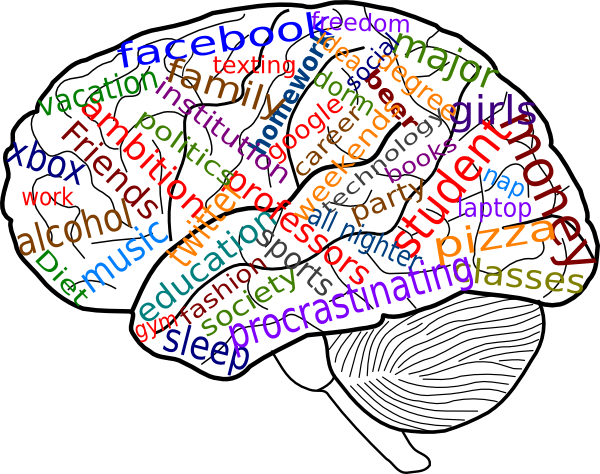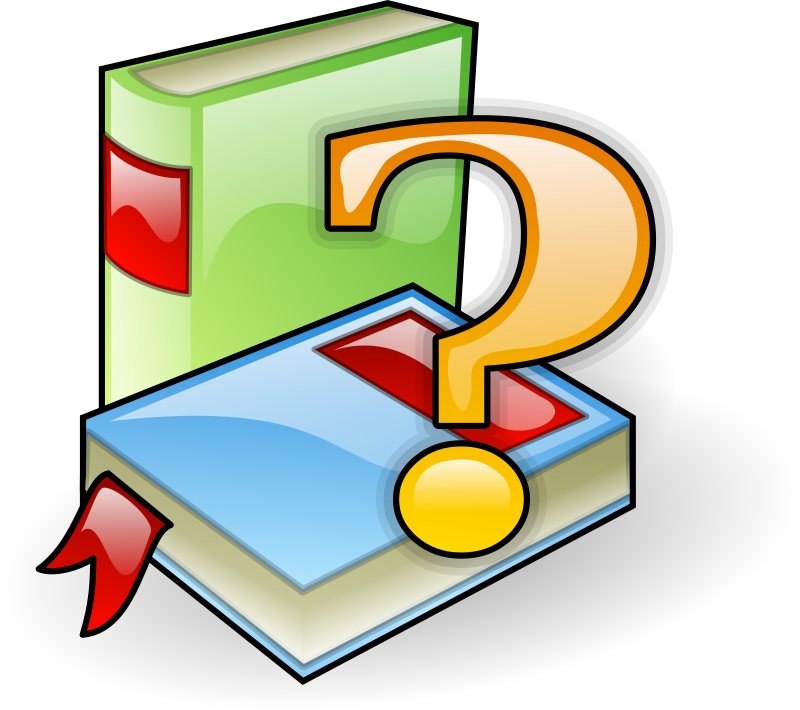CAN YOU READ BEYOND THIS HEADLINE?
 Another day, another article proclaiming that the death of reading is threatening our minds, souls, and civilization. The latest essay is Philip Yancey’s in the Washington Post.
Another day, another article proclaiming that the death of reading is threatening our minds, souls, and civilization. The latest essay is Philip Yancey’s in the Washington Post.
I try reading these essays from start to finish without succumbing to click bait. I am determined to prove wrong that no one today has an attention span long enough to finish an article, much less a book.
Sometimes I manage to finish the articles. Not always.
I did finish Yancey’s essay, I’m happy to report. Below are some of his key points (or, rather, my spin on them. You’ve undoubtedly heard versions of these before – although, because Yancey is a religious writer, he emphasizes the spirtual aspects of reading more than most other social commentators:
- Even lifelong, dedicated readers are reading fewer books these days.
- Reading is essential to nurturing spirituality and creativity.
- Reading helps us resist the “tyranny of the urgent”: the texts, phone calls, emails and the “breaking news” cluttering our limited mental space.
- Intense and social media do not just distract us from reading. They are irresistible distractions from reading deeply.
- Click bait is Satan.
- Modern business tycoons like Bill Gates, Mark Zuckerberg, and Elon Musk swear to the magical properties of reading. Warren Buffett contends we should read 500 pages a day to stay mentally sharp. Most people can’t do that, of course. Even in grad school I had to skim to hit that book-a-day mark.
- Prodigies like Buffett aside, average readers could read 200 books a year in far less time than they currently spend using social media or watching tv. The figures Yancey cites imply that, without social and tv, people could read well over 1,000 shortish books a year. I find this hard to believe since that comes to several books per day. And yet I suppose it’s theoretically possible if indeed the average American spends over 1.5 hours on social media and nearly 4.5 hours watching tv every day.
- You need to build a “fortress of habits” to protect reading time.
- The death of reading is not inevitable but preventing it requires a battle of will to save our souls and perhaps our civilization.
Is modern life the death of reading?
You may or may not agree with all of this. I myself do not agree with it the whole list. For example, I question Buffett’s prescription for mental sharpness and the assumption that reading is the only path to spirituality and creativity. As I’ve noted in the past, one might even argue that reading is danger and a distraction from all of the above – or that there are many paths to happy, successful, productive lives, even mental acuity and focus. Not all of these necessarily involve the written word.
Still, this essay left me wondering: Am I really reading less, and less deeply, than I did decades ago? Are other dedicated readers and writers succumbing as well? Is the urgency of modern life too much for us, and the death of reading as we knew it?
So, I thought I’d ask in this month’s poll. It is for anyone who has made it beyond the headline and arrived at this point in the article – which, I think, attests to the health of your attention span in and of itself!
POLL: THE “DEATH OF READING”
- About how may books would you estimate reading per year?
- About how many did you read per year ten years ago? And for those over 30: How many did you read per year as a teenager?
- Do you read fewer articles from beginning to end than you did before the Intenet age? Or do you read about the same number but also skim many more or note many more headlines that pass you in the night?
Please share responses via the comments section below, the contact form on my website, my Twitter account (@terraziporyn), or the Late Last Night Books Facebook page. I’ll share results next month.
Terra Ziporyn
TERRA ZIPORYN is an award-winning novelist, playwright, and science writer whose numerous popular health and medical publications include The New Harvard Guide to Women’s Health, Nameless Diseases, and Alternative Medicine for Dummies. Her novels include Do Not Go Gentle, The Bliss of Solitude, and Time’s Fool, which in 2008 was awarded first prize for historical fiction by the Maryland Writers Association. Terra has participated in both the Bread Loaf Writers Conference and the Old Chatham Writers Conference and for many years was a member of Theatre Building Chicago’s Writers Workshop (New Tuners). A former associate editor of the Journal of the American Medical Association (JAMA), she has a PhD in the history of science and medicine from the University of Chicago and a BA in both history and biology from Yale University, where she also studied playwriting with Ted Tally. Her latest novel, Permanent Makeup, is available in paperback and as a Kindle Select Book.
- Web |
- More Posts(106)